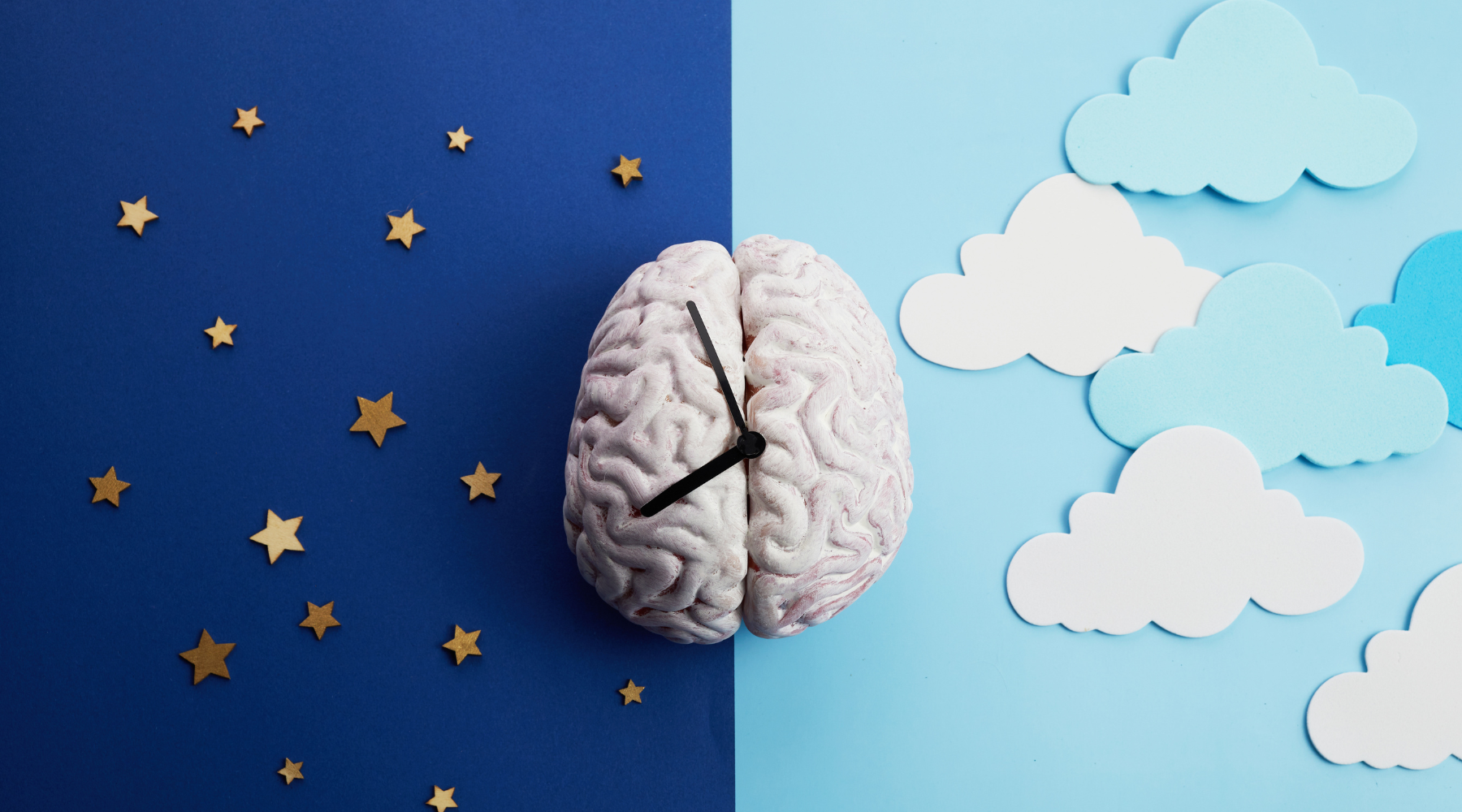CAN SLEEP IMPROVE YOUR ATHLETIC PERFORMANCE?

Improving your athletic performance may be as simple as going to bed earlier.
Just as athletes need more calories, they also need more sleep time. NBA champion LeBron James and tennis legend Roger Federer sleep for an average of 12 hours per day in order to perform at their best level. Many other athletes acknowledge the power of sleep and have adjusted their behaviors.
It is more and more common for sports teams to hire sleep experts to fine-tune their sleeping habits, especially when they need to travel to different time zones. Teams such as Manchester United, Chelsea and Real Madrid have sleep coaches to teach their players about the importance of sleep hygiene.
Athletes prioritize their sleep, and you should too. Here is why.
1 - Sleep boosts your performance.
It is proven that sleep can improve physical performance. A study on Stanford University basketball team found that players who had an average of 2 additional hours of sleep a night increased their speed by 5%. And their throws were 9% more accurate. The players also reported improved mental well-being. Impressive right? The same study on football players and a variety of athletes had similar results.
The cognitive benefits of sleep also translate into physical activity. The brain uses sleep to consolidate memory into longer-term knowledge and to prepare itself to absorb new information. Being sleep deprived affects our memory, our ability to learn, to focus and more importantly our reaction time.
2 - Sleep prevents injuries.
Sleep is also crucial to avoid getting injured while practicing sport. In a study on student-athletes, those who slept 8 or more hours each night were 68% less likely to be injured than athletes who regularly slept less.
3 - Sleep promotes muscle building & recovery.
Sleep plays a critical role in restoring our bodies. During stages 3 and 4 of the Non-REM phase of sleep, we produce muscle-building hormones including human growth hormone (HGH). This is the most restoring phase of the sleep cycle. During this phase, we experience cell growth and renewal. Then, during REM sleep, the muscles relax and release tensions.
When you start exercising more and pushing your body harder, make sure you give yourself more sleep time to help the muscle-healing process.
4 - Sleep helps you keep a healthy diet
Maintaining a good fitness level also depends on having a healthy diet. And sleep helps to regulate our appetite hormones. Ghrelin tells your body when it should be hungry, while Leptin signals to your body that you’ve eaten enough. When we are sleep deprived, we have an excess of Ghrelin and decreased Leptin making us hungrier than we should be.
In addition, getting enough sleep also has a positive impact on our overall mood and decision making which in turn can help us make healthy food choices during the day.
Sleep & exercise, a virtuous cycle.
Exercising during the day also increases your sleep quality so it is a virtuous cycle. Training is good for both physical and mental health since it releases mood-enhancing endorphins. It is good to balance intense workouts with activities like yoga or swimming, which can be particularly effective at reducing stress and anxiety.
So next time you procrastinate going to be bed think about how amazing you will perform at your workout the next day thanks to the extra sleep.
If you have trouble falling asleep at night, check out our selection of products to help you drift off here.
- 88SHEEP team



